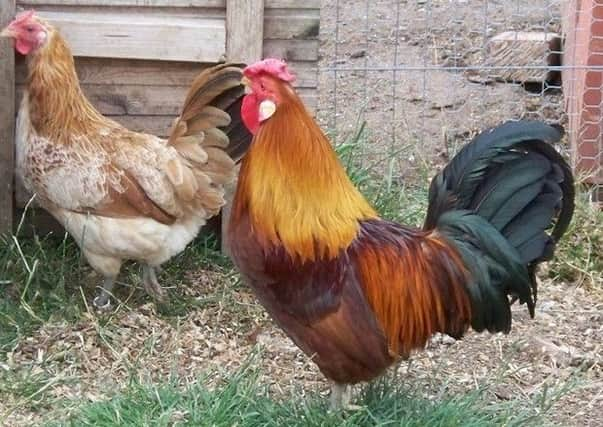New ban will improve welfare of chickens


From the start of 2016, thinning, a practice in which a proportion of chickens are removed from a shed for slaughter earlier than the rest, will be banned for animal welfare reasons on farms rearing to RSPCA standards.
A study by the European Food Safety Authority reported that thinning is linked to increased rates of campylobacter in chickens, a bacteria reported to be the dominant cause of food poisoning in the UK - estimated to be responsible for more than 280,000 cases every year.
Advertisement
Hide AdAdvertisement
Hide AdIt is responsible for four out of five cases of contaminated poultry according to the Food Standards Agency.
Dr Marc Cooper, chicken welfare specialist at the RSPCA (pictured below), said: “Our ban on thinning will be a major step forward for the welfare of chickens. Once again the RSPCA is leading the way on farm animal welfare by setting these pioneering standards for indoor reared chickens and we hope other farm assurance schemes will follow suit.”
Thinning is commonly used within the chicken industry to maximise the number of birds that can be reared within a shed over a given period of time. The process involves rearing the birds to the maximum stocking density permitted and then removing a proportion of them to lower the density. This can take place several times before all the birds are finally removed from the shed.
It can be a stressful experience for the birds as their feed is removed to allow catching teams to round-up the birds more easily. Also the temperature inside the shed can drop, particularly during the winter, as teams of catchers enter.
Advertisement
Hide AdAdvertisement
Hide AdDr Cooper added: “Sadly, welfare is often compromised to produce chicken as cheaply as possible.
“I hope that producers who are not currently rearing to RSPCA welfare standards will follow suit and ban thinning but without implementing other compensatory management practices, such as increasing stocking densities, that could have a negative impact on welfare.”